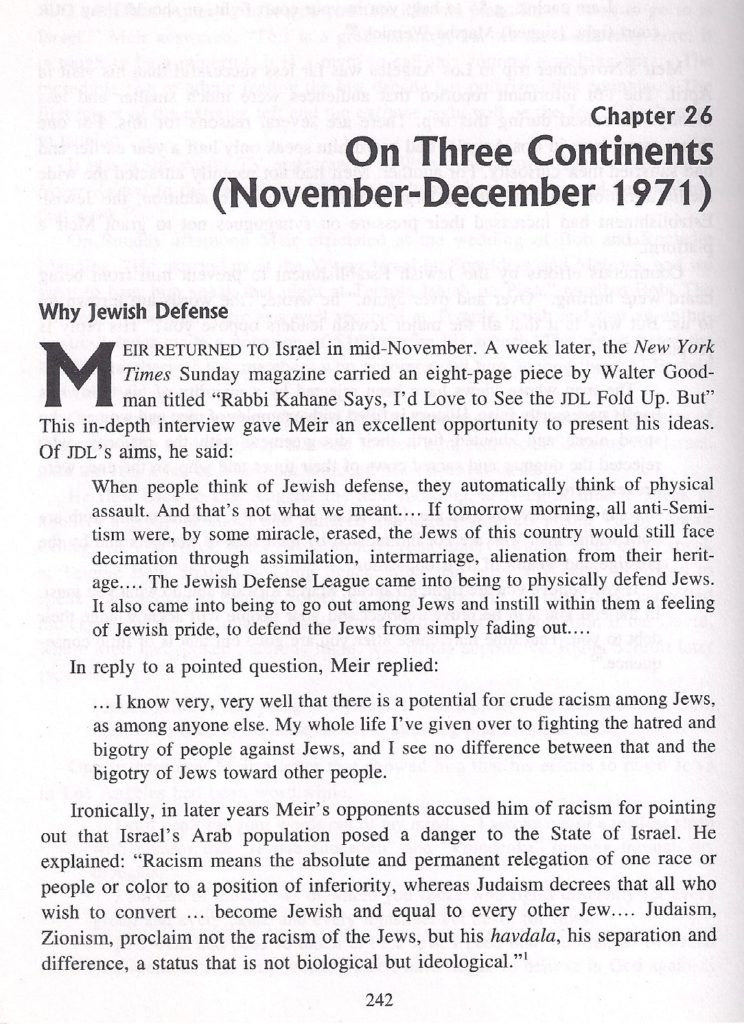THURSDAY, 23 JULY 2020 09:01
One can now hear daily podcasts by Rabbi David Bar-Hayim on iTunes, Spotify, Breaker, Pocket Casts, Anchor, and RadioPublic. The podcast will be available in the coming days on Google Podcasts, Deezer, Castbox, Overcast, and other platforms.
Here are all the links that are live:
Apple Podcasts: https://podcasts.apple.com/us/podcast/rabbi-david-bar-hayim/id1524311381
Spotify: https://open.spotify.com/show/6jhOH1rcKbc6RQgeL7dHjp
Breaker: https://www.breaker.audio/rabbi-david-bar-hayim
PocketCast: https://pca.st/hx8f57c3
Anchor: https://anchor.fm/rabbi-david-bar-hayim
RadioPublic: https://radiopublic.com/rabbi-david-barhayim-GMVoop
From Machon Shilo, here.

